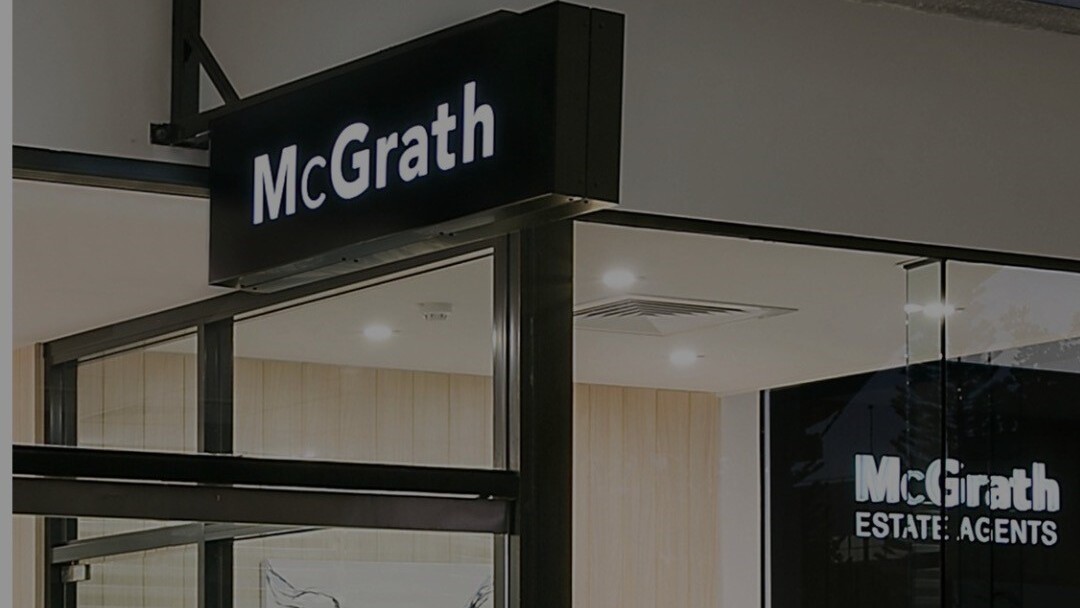How to prepare for a new financial year – John McGrath
Even with an accountant, organising your tax return is not fun or easy. But if you’re an existing homeowner or planning to buy a home soon, it literally pays to start forward thinking for a new financial year sooner, rather than later.
I’m a big proponent of reserving some time every week of the year to arrange your property’s receipts, income statements, bills and similar. You can utilise whatever arrangement works for you, whether that’s storing paperwork in envelopes or folders or using an Excel spreadsheet on your computer; but you should have hard and soft copies of every detail. Either way, using this “pay as you go” system means you won’t get lost in an end of financial year mountain of paperwork.
Well before June 30 every year, you should also note down several important dates and details. Existing home owners should use this period to conduct a performance review of your property and consider your priorities for the next financial year including repairs and maintenance. Refinancing now can ensure lower interest rates, as well as smart inclusions such as offset accounts.
First home buyers forward thinking for a new financial year should study government schemes and concessions as these can change on June 30, with new ones also beginning. More experienced potential buyers should prepare to settle on a home before this date so that you can enjoy a range of tax breaks. Even a few days of home ownership before this date can make a big difference to your tax return.
Home loan pre-approvals are popular in this period as well so buyers should expect lender delays. But this delay can be a silver lining as you should consider your current tax return and your expected earnings in the new financial year before applying for a pre-approval. If you expect to earn a lot more in the latter period, this change will increase your borrowing capacity, so you may want to wait to complete your tax return for the new financial year before approaching a lender.
EOFY tax benefits
The best reason to forward think for a new financial year are the tax breaks, which for property investors, can be significant. You can claim deductions for rental income, home loan interest, and rental expenses including utility bills, body corporate and property management fees, council rates, and landlord insurance. You can also claim tax deductions on refinancing costs and some of your property’s capital works. Long-term, you can enjoy the tax benefits of asset depreciation, negative gearing and the 50% capital gains tax discount.
But to enjoy these benefits, you’ll need to provide the Australian Tax Office or your accountant with all your property paperwork such as rental income receipts, rental expense bills, home loan and settlement statements, and copies of your sale contract.
The tax deductions for existing owner-occupier home owners are admittedly small. But if you’re renting out part of your property or working from home, a portion of your utility bills and other expenses can be claimed as a tax deduction. So too can any items you purchase for your home office or rental space, such as a desk chair or printer, and you can also claim depreciation on these assets and items. Just remember to save the receipts for these items to include in your tax return.

By
John McGrath
August 10, 2025
3 min read
Share this Article


.jpeg)

